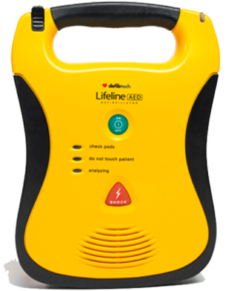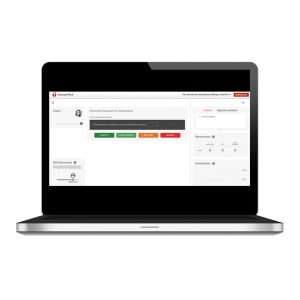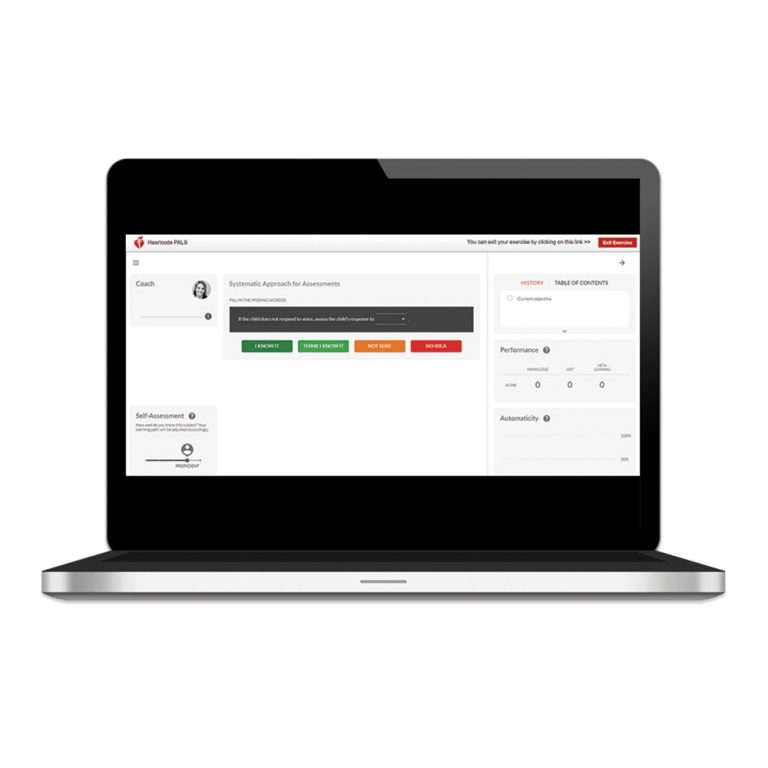AHA 2020 HeartCode PALS Online Key Code
Please note: This item is not for International use; it is intended for U.S. use only.
2025 version available now! Click here!
$173.00
Product Description
Product Features
Course Learning Objectives:
Upon completing the HeartCode® PALS online module, participants will be able to:
- Deliver pediatric CPR that meets AHA Basic Life Support (BLS) standards
- Differentiate patients who need immediate treatment from those who do not
- Recognize sudden cardiopulmonary arrest and begin CPR within 10 seconds
- Function effectively within a high-performance resuscitation team
- Recognize and manage respiratory distress and failure early
- Differentiate compensated vs. decompensated (hypotensive) shock and initiate early treatment
- Identify and treat unstable versus stable arrhythmias
- Interpret signs of arrhythmic instability and apply interventions
- Implement post–cardiac arrest management protocols
Key Specifications
FormatOnline blended learning module
Edition2020 AHA Guidelines for CPR & ECC
IncludesAccess to the PALS Provider Manual eBook
DeliveryWithin 24 hours (Mon–Fri, 7:30 AM–5:30 PM CST
Intended AudienceHealthcare professionals who either direct or participate in the management of respiratory and/or cardiovascular emergencies and cardiopulmonary arrest in pediatric patients and need flexibility, updated training, and self-direction—all while ensuring they meet required competency standards






 855-663-2328 (Toll-Free)
855-663-2328 (Toll-Free) Contact Us
Contact Us Live Chat
Live Chat Request a Quote
Request a Quote


